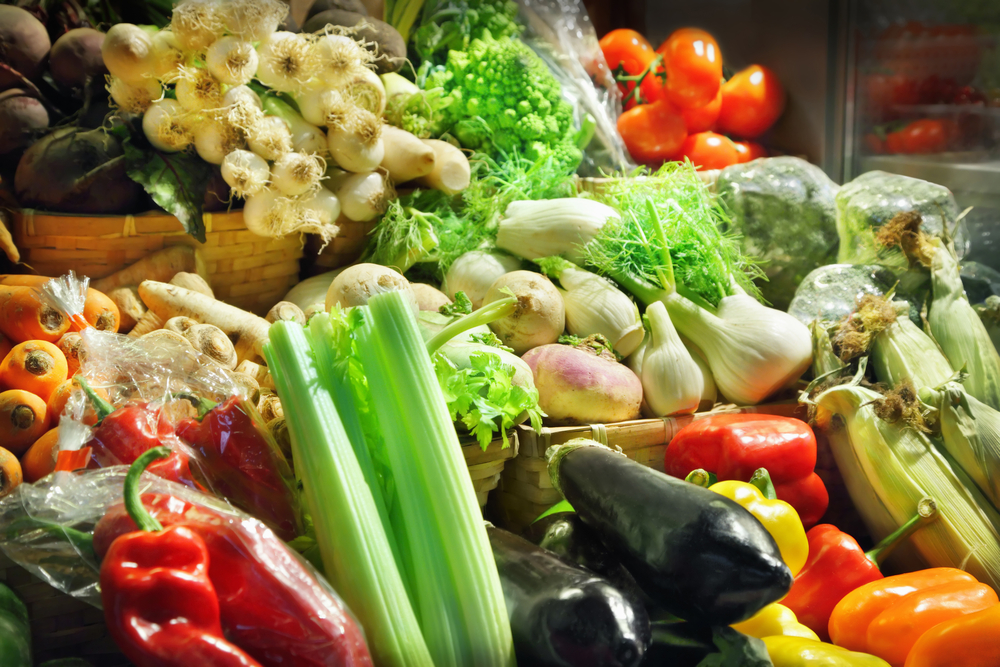People today are more health conscious than they were years ago, and many people are starting to consume more organic foods than non-organic foods in order to try and maintain a healthier diet. So what exactly are organic foods?
What are organic foods?
What separates an organic food from a non-organic food is how it’s grown and processed. Organic foods have a strict set of standards that they need to meet by the USDA in order to be labeled as organic.
Organic foods need to be kept separate from non-organic foods.
Most organic farmers will typically stick to growing organic foods, but some may try their hand at both. In order to be considered organic, the foods cannot be grown with non-organic products using conventional growing methods. Instead, organic foods need to be kept separate during the growing and processing stages.
Organic foods don’t use synthetic pesticides.
Many farmers have lost their crops due to weeds and bugs, and many have relied on the use of chemical-based pesticides in order to combat these nuances. Organic foods cannot use synthetic pesticides. Instead, farmers need to rely on natural pesticide remedies in order to keep bugs at bay.
Organic foods don’t contain extra hormones.
Many meat farmers will give their animals hormone shots in order to produce meat more quickly. Organic farmers cannot do this. In fact, along with not filling their animals with hormones, organic farmers also need to feed their animals natural feed and give them ample time outdoors.
Organic foods need natural fertilizers.
Organic farmers need to stick with natural fertilizers in order to increase the growing process of their plants. Their fertilizers cannot contain chemicals, petroleum or sludge.
Organic foods use organic farmers.
Not only do organic farmers ensure that their products are chemical free, but they also do a lot to help the environment. Most organic farmers will work hard to conserve energy, water and soil to produce less waste, and they also work hard to produce less air pollution. Organic farmers are also better for wildlife, as the pesticides and fertilizers that they use do not contain harmful chemicals that can harm or even kill these animals.
Organic foods help local farmers.
Supermarkets get their produce from certain farmers, which is typically a farmer that the supermarket has made a deal with. If the supermarket is located in California and the farmer is in Illinois, additives will be added to the produce in order to ensure that it remains colorful during its trip across the country. Because organic foods do not contain these additives, supermarkets are forced to build relationships with local organic farmers, and this is not only beneficial to your produce and meats, but it’s also beneficial to your local economy.
Organic foods cost more.
When you compare an organic food with a non-organic food, you’re not going to notice a difference. They are typically the same color, size and weight, and they typically have the same taste. The only noticeable difference between organic and non-organic food is the price, as organic foods tend to be more costly due to the stricter growth and processing requirements. But in order to get a product without chemical additives, the extra cost may be worth it.
Kathryn Thompson is a health specialist from Miami. She enjoys blogging about healthy & organic foods, cooking, and recipes.

